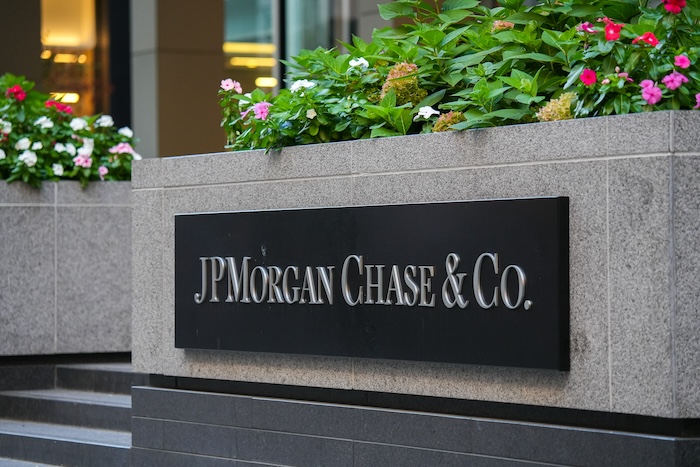
JPMorgan Chase (NYSE: JPM) has delivered a remarkable total return of 365% over the past decade, outperforming the S&P 500. As of July 25, its market cap reached $599 billion. The bank posted strong Q2 results with a 20% revenue increase to $51 billion, driven by a 46% surge in investment banking revenue. Despite higher interest rates, net interest income rose 4% year over year to $22.9 billion. CEO Jamie Dimon cautions that persistent inflation may keep interest rates elevated, potentially leading to a recession.
JPMorgan's stock is trading at a price-to-book (P/B) ratio of 1.9, which is higher than its historical average. This valuation might be justified if JPMorgan were expected to see significant growth, but analysts project only a 3% annual earnings per share (EPS) growth through 2026. Even if the P/B ratio expands to 2.5, the stock's hypothetical upside would be 42% over the next three years, translating to a potential 12% annualized return.
While JPMorgan remains one of the best banks to own due to its strong performance and solid management, the current stock price seems high. Investors should consider waiting for a more attractive entry point, especially given the modest growth projections and the potential economic challenges ahead.

